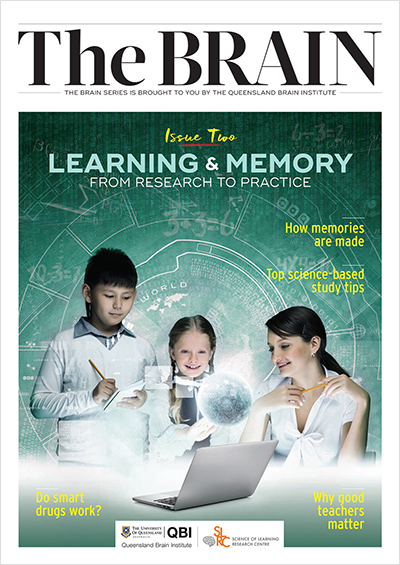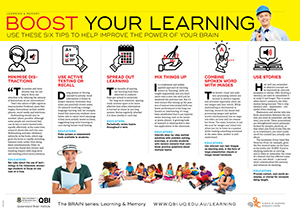As we age, our ability to learn and remember changes. Due, for example, to ‘infantile amnesia’, most of us can’t remember anything about being a toddler. We don’t know why. The memories might still be there but not easily accessible. Or it could be that the circuits holding those earliest memories are overwritten when new brain cells are produced and integrated.
Around adolescence, our prefrontal cortex – which controls planning, decision-making and working memory – develops significantly. Our ability to plan for the future improves and we can process more information when deciding between different options.
Our ability to remember new information peaks in our 20s, and then starts to decline noticeably from our 50s or 60s. Because the hippocampus is one brain region that continues producing new neurons into adulthood, it plays an important role in memory and learning. The section called the dentate gyrus is where the new neurons are created. Many are produced during childhood, but activity in the dentate gyrus slows down as we age. The reason for memory decline isn’t known but may involve this decreased rate of neurogenesis.
Dementia, which is experienced by 10 per cent of people older than 65, occurs when abnormal proteins accumulate inside and around neurons. These proteins are thought to affect our memories by killing the synapses and ultimately the neurons that hold memories together.
A key to slowing decline may lie in exercising not only the brain, but also the body.
Exercise, ageing and cognitive decline
There’s no escaping it: cognitive function declines with age. But it’s not all bad news. An important key to slowing decline may lie in exercising not only the brain, but also the body.
QBI’s Professor Perry Bartlett was one of the first people to discover that the adult brain contains stem cells capable of making new neurons, a process called neurogenesis. As the brain ages, these stem cells lose their ability to produce new neurons, causing cognitive function to decline.
Ground-breaking research by Prof Bartlett and Dr Daniel Blackmore recently identified that exercise is able to increase production of new brain cells and improve learning and memory. They are now heading up a clinical trial monitoring 300 people aged 65 and older to identify the right amount, intensity and type of exercise that leads to cognitive improvement in the ageing brain. “This will be the most comprehensive analysis yet of why exercise is beneficial,” Prof Bartlett explains. “Ultimately, we would hope to have clear public health guidelines as to how exercise can both prevent and reverse dementia.”


